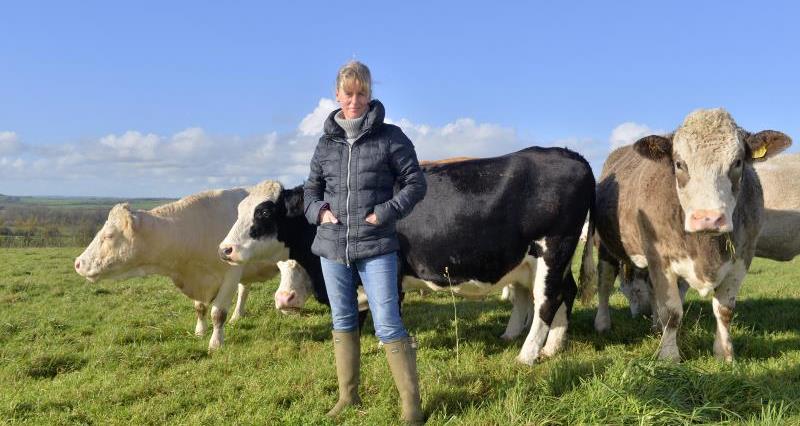Ms Batters said: “Independent surveys show that 85% of shoppers want to buy more British food. This demand can be met by Britain’s farmers, but they need the confidence to invest in their businesses. It is going to be essential that Government secures the right trade deal and delivers an agricultural policy that ensures farming can be profitable, competitive and productive.
“To ensure the best deal for farmers, the NFU would like to see any new domestic agricultural policy enhancing the productivity and competitiveness of farm businesses; recognising and rewarding the environmental goods that farmers deliver as well as mitigating against price volatility.
“The priority for many of our members will be to protect our domestic market as far as possible from imported product produced to a lower standard, and securing sensitive product status for both beef and lamb that would allow us to negotiate the best possible deal for British livestock producers and the rest of the supply chain.
“We’ve asked Government to commission a full and comprehensive Impact Assessment on the potential impact of a free trade or extended TRQ access for imports of beef and sheep meat from third countries. We know many third countries will be highly competitive and the impact on domestic prices and production could be significant.
“While securing the best access to trade with the EU must be a top priority for government, I am also very aware of the industry’s labour needs have to be met. I recognise the importance of non UK labour to the meat and food processing sectors. Adding value by further processing in the UK is key to achieving a sustainable farm gate price for our livestock.
“If we get a bad deal for farming, then measures to manage volatility - such as direct payments - will remain vital to help farm businesses compete in an uncertain world.”
